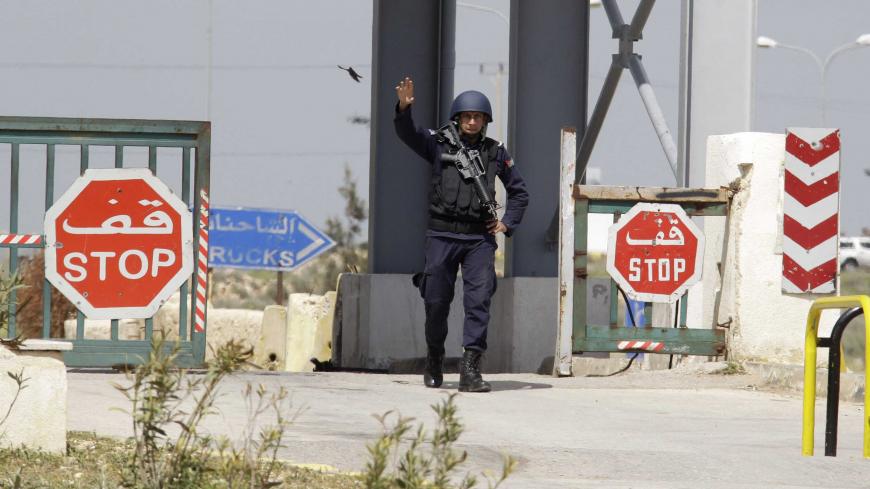Jordan is trying to close the chapter on almost 10 years of economic sluggishness that began with the 2007/08 global financial crisis and was exacerbated by the political turbulence of the so-called Arab Spring that erupted in 2011 and whose reverberations continue to be felt across the Middle East. In this regard, Amman and Baghdad celebrated the reopening of the only land crossing between their two countries on Aug. 30, two years after it was closed due to the Islamic State’s (IS) gaining control of most of Anbar province on the Iraqi side. IS fighters had attacked the border crossing a number of times over the past two years.
For decades, Iraq was one of Jordan's major trading partners, which benefited local industries and the land transport sector in the kingdom. Most trade passed through the Karama-Trebil border crossing, making it a vital economic artery for both countries. Following the 1990-91 Gulf War and subsequent economic blockade under UN sanctions against Iraq, the Jordanian port of Aqaba became the only gateway for Iraqi imports. Jordan’s overland transport sector experienced an unprecedented boom during the 1990s and into the 2000s, until the US-led invasion of Iraq in 2003. During the decade, Jordan became dependent on cheap Iraqi oil imports.



